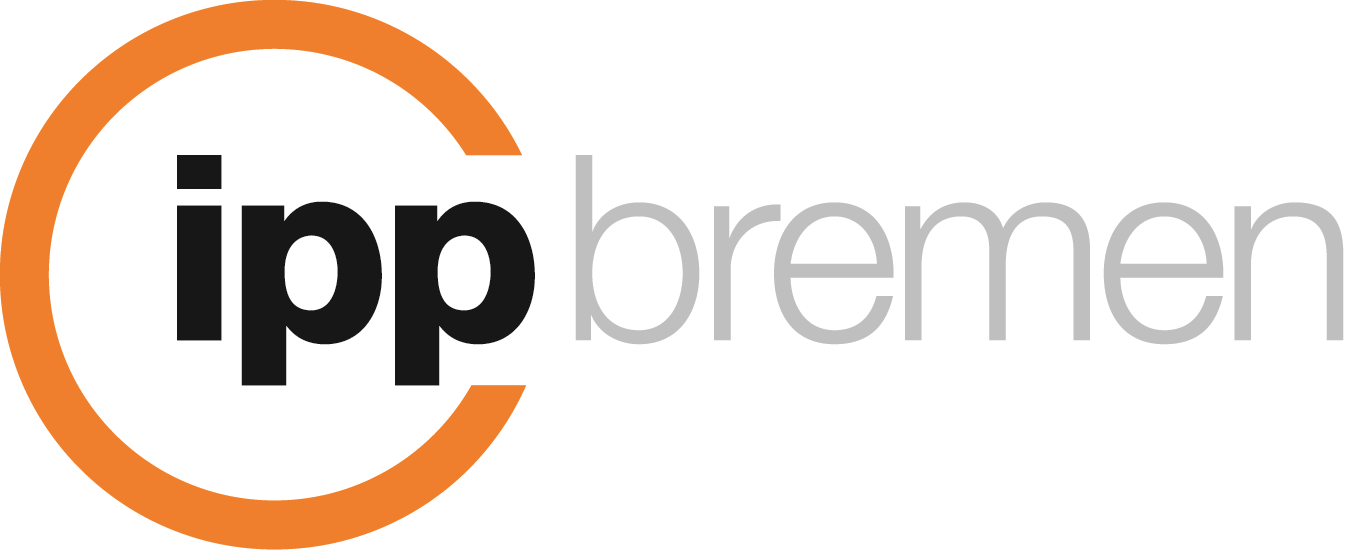Project Details
DivO-Inform
Description
This project addresses the potential challenges of healthcare provision for people with a migration experience in Germany. The project focuses on improving access to healthcare for the target group and aims to develop and disseminate a concept for creating culturally sensitive evidence-based health information with the involvement of the target group and stakeholders.
Approximately 27% of Germany’s population have a migration background (22.3 million individuals), meaning that these people or at least one of their parents were not born with German citizenship. About half of this group holds German citizenship. This population is often disadvantaged, not only due to their migration status but also concerning socio-economic factors and educational opportunities. This multiple disadvantage results in limited access to the healthcare system and lower utilization of health services. For example, there is evidence that cancer diagnoses in individuals with a migration background are often made later compared to others. Challenges in accessing healthcare can also cause from diverse needs, information deficits, cultural and language barriers, as well as formal access restrictions such as travel times or income losses. Additionally, there is a lack of specific and linguistically adapted health information for this target group, exacerbating inequalities in healthcare.
Recommended interventions to improve health literacy and information access include involving the target group in the design of health information and creating barrier-free access to ensure equal healthcare for all, especially in the field of oncological care.
The aim is to develop and evaluate a concept for creating evidence-based health information that considers various aspects of dealing with cultural diversity (culturally sensitive and subject-oriented intersectional). This includes a strategy for disseminating information in practice to effectively reach the intended groups (dissemination strategy). By involving the target group and relevant stakeholders, needs, preferences and possible access routes are identified. Based on the manual, information materials in different languages and formats are developed, using supportive therapy as an example. The information’s are tested in a pretest for feasibility and the overall concept is evaluated for usefulness and applicability.
This project is funded by the German Cancer Aid (Deutsche Krebshilfe).
Further information
Project Partner:
Martin-Luther-Universit?t Halle-Wittenberg, Institut für Gesundheits- und Pflegewissenschaft:
Prof. Dr. Anke Steckelberg
Dr. Julia Lühnen
PD Dr. med. Heike Schmidt
Universit?tsklinikum Halle (Saale) Krukenberg Krebszentrum:
Prof. Dr. med. Haifa Kathrin Al-Ali
Prof. Dr. med. Dirk Vordermark
Landesnetzwerk Migrantenorganisationen Sachsen-Anhalt (LAMSA) e.V., Halle (Saale)

